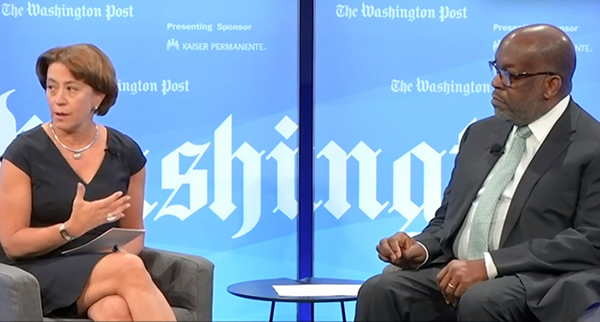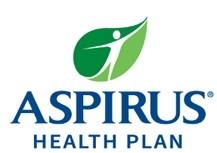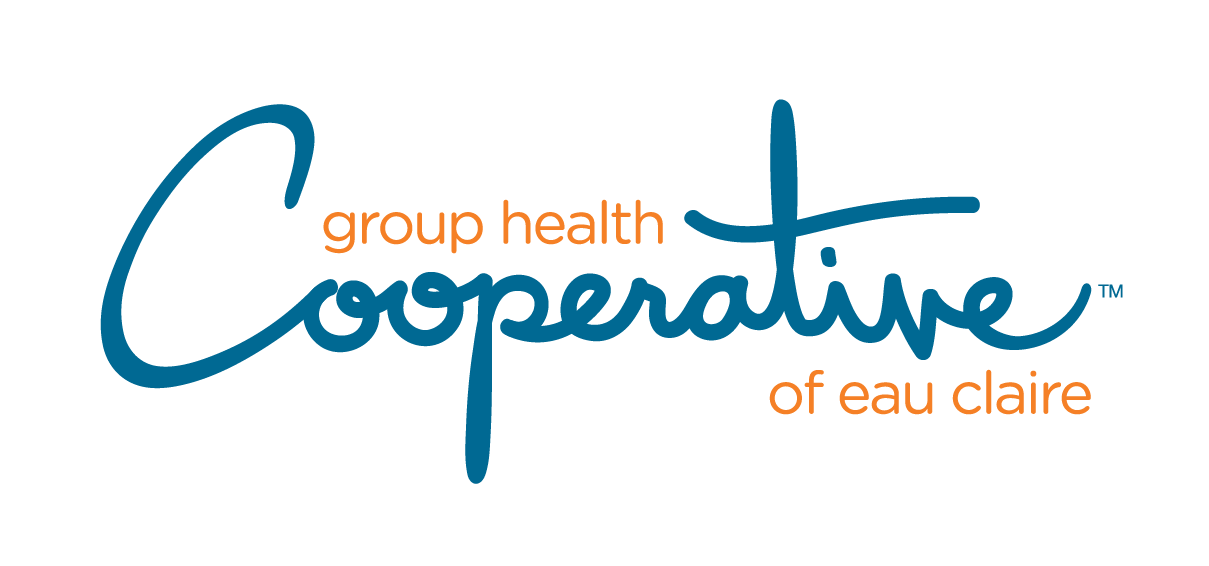June 14, 2019
by Ceci Connolly, ACHP President & CEO

The evidence is clear: health outcomes improve when care providers look beyond the exam room and commit to addressing a patient’s often unmet social needs. For years, ACHP’s nonprofit health organizations have been deeply engaged in these activities, speaking the language of the community, treating food as medicine and helping to provide transportation and stable housing. I recently had the opportunity to discuss with Chairman and CEO Bernard Tyson how Kaiser Permanente is working to improve health outcomes by tackling the social determinants of health.
During our discussion at a Washington Post Live “America’s Health Future” event, Bernard revealed the results of a new Kaiser Permanente survey on major barriers to overall health. People overwhelmingly agreed that so much of what impacts a person’s health happens outside of the medical setting – in fact, 97 percent of survey respondents felt health care providers should ask about social needs during medical visits. Kaiser Permanente’s recently launched “Thrive Local” initiative does just that, aiming to connect the health system’s more than 12 million members to community services that address challenges such as homelessness.
We have an all-in strategy to work with other health systems and civic organizations to end up with a holistic approach through which many more people can get their needs met,” noted Bernard.
Kaiser Permanente is not alone in addressing social determinants. ACHP’s community-based health companies are doubling down on efforts to implement innovative and highly effective programs that meet the basic needs of members.
Geisinger’s Fresh Food Farmacy provides healthy food to members and their families for up to 10 meals per week. The program also includes an educational component to help address uncontrolled diabetes.
HealthPartners also minimizes food insecurity by providing vegetables, fruits and grains to 12 area pantries through its Super Shelf program.
UPMC places homeless Medicaid recipients in structured, long-term care through its Cultivating Health for Success program, which has contributed to notable declines in medical costs and unplanned care.
Intermountain and its health plan SelectHealth are investing $12 million over three years in an alliance of community partners that screens participants for unmet social needs and then assists with care coordination.
Importantly, many of these efforts include rigorous evaluation components so that we can all learn which interventions work and where we may need to rethink the approach.
America’s community health plans and their clinical partners adhere to a moral imperative of addressing the social and environmental factors that greatly impact an individual’s health. By addressing some of the most pressing social needs, these organizations are improving overall health outcomes, building healthier communities and acting as a role model for the entire industry.


































